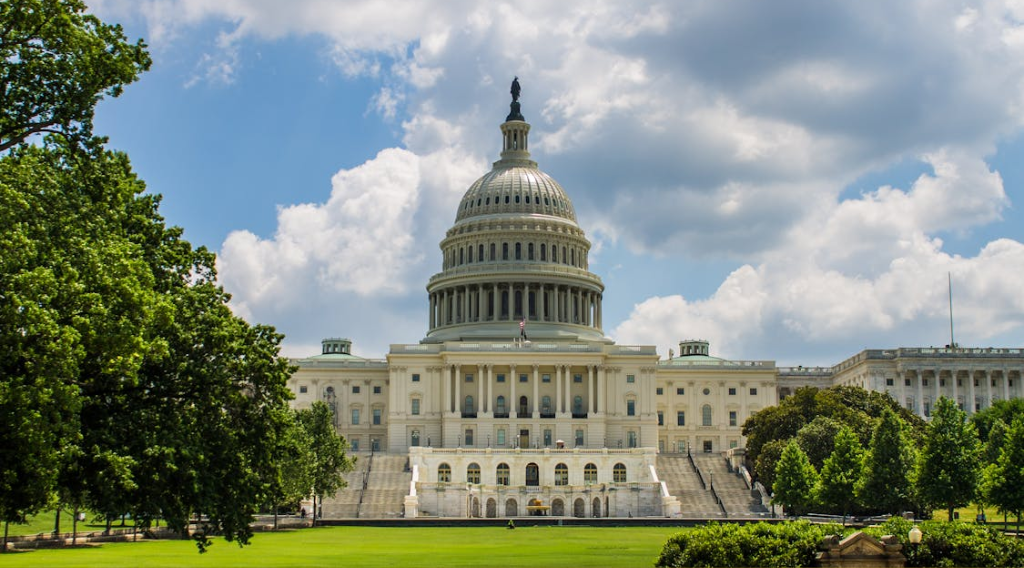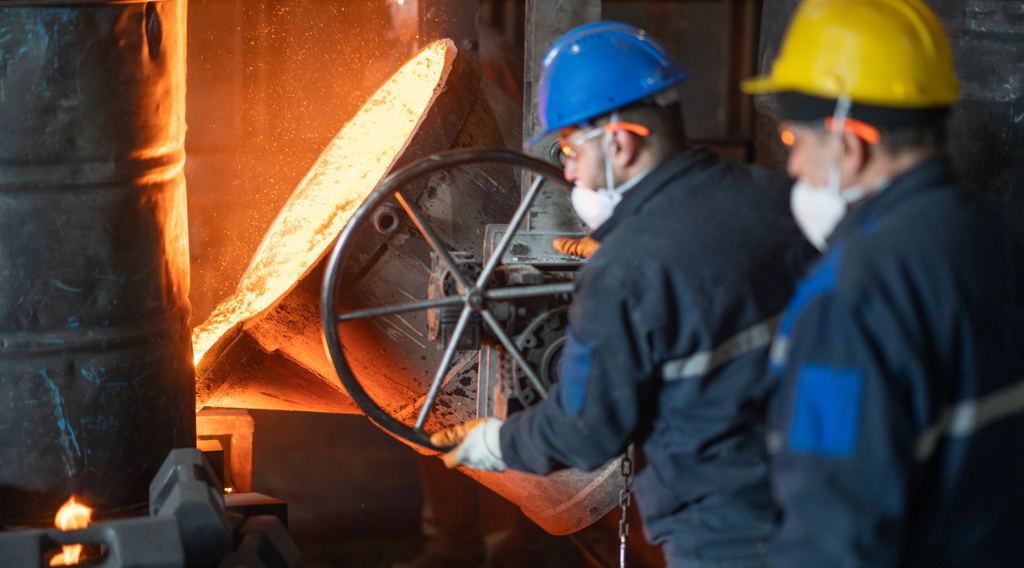 Recently, top coal, electric power, oil, ethanol, and other companies, key industrial labor unions and prominent national environmental and climate organizations joined forces for the first time in calling on Congress to support a federal incentive for carbon capture and storage (CCS) that would simultaneously increase domestic oil production and reduce carbon emissions.
Recently, top coal, electric power, oil, ethanol, and other companies, key industrial labor unions and prominent national environmental and climate organizations joined forces for the first time in calling on Congress to support a federal incentive for carbon capture and storage (CCS) that would simultaneously increase domestic oil production and reduce carbon emissions.
Members of the National Enhanced Oil Recovery Initiative (co-convened by the Great Plains Institute), the Coal Utilization Research Council, and other companies and organizations have hailed conservative House leader Mike Conaway’s (R-TX) introduction of the Carbon Capture Act of 2016(H.R. 4622) to extend and improve the federal Section 45Q Tax Credit for Carbon Dioxide Sequestration.
The impressive diversity of the 30 co-sponsors from 21 states joining Congressman Conaway mirrors the breadth of the coalition supporting the Carbon Capture Act. They include majority and minority members of the powerful tax-writing House Ways and Means Committee (including the chair of the Tax Policy Subcommittee), the former chairman of the Energy and Commerce Committee, and the ranking member of the Agriculture Committee. The co-sponsors span the ideological spectrum from the conservative House Freedom Caucus to the Congressional Black Caucus. And they come from across the country as well, representing states from the East Coast to the West Coast and from the Gulf Coast to Northern Plains and Midwest.
The Carbon Capture Act enjoys robust support because the many economic, energy security, and environmental benefits of revamping the 45Q tax credit appeal across the political spectrum. The legislation would provide a powerful incentive to accelerate commercial deployment of technology to capture CO2 at power plants and industrial facilities by:
Permanently extending 45Q tax credit beyond its current cap of 75 million tons,providing the financial certainty needed to drive private investment in CO2 capture projects;
Increase the credit from $10 to $20 per ton of CO2, then raising it further over 10 years to $30 per ton to help cover the gap between the cost of investing in and operating a CO2 capture project and revenue received from selling CO2 to the oil industry for use in EOR;
Lower the eligibility threshold for projects from 500,000 tons to 150,000 tons of CO2per year so that industrial facilities that typically produce smaller volumes of CO2 emissions (e.g. ethanol and fertilizer plants), can participate; and
Authorizing assignment of the credit to other entities responsible for managing or storing the CO2 to allow tax-exempt electric co-ops and other project developers without significant tax liability to use the incentive.
Now, interest generated by growing support for H.R. 4622 in the House has carried over to the Senate, where members of the industry, labor and environmental coalition are working with Republican and Democratic members of the Senate who are preparing companion legislation for introduction in the near future. We will share updates as support for the Carbon Capture Act continues to build momentum in the House and Senate.
Below is a summary of media coverage of the Carbon Capture Act:
- Lawmakers introduce bipartisan bill to boost incentives, by Christa Marshall, E&E News
- Congressional bipartisan group introduces carbon capture bill in House, by Robert Walton, Utility Dive
- Rep. Conaway Introduces Bill to Extend and Revise the Section 45Q Tax Credit, Lexology
- Legislation proposed to extend tax credit for CCS technology, SNL
- CCS Advocates Ramp Up Push For Upcoming Bill To Expand CCS Credit, InsideEPA, Climate Daily News
*This blog was updated from its original posting on March 9, 2016*


